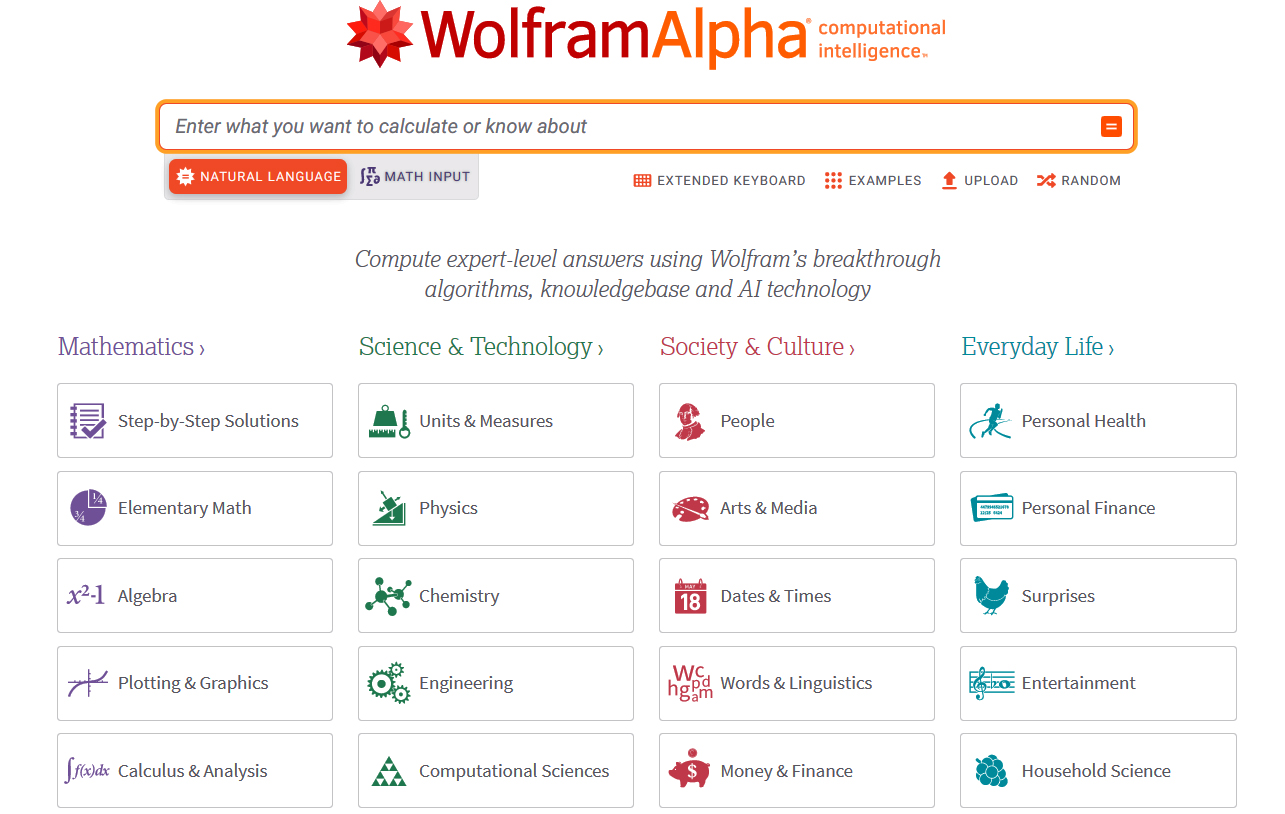ผลการจัดการเรียนรู้ด้วยเทคโนโลยีแบบปัญญาประดิษฐ์ร่วมกับการเรียนรู้แบบร่วมมือด้วยเทคนิค STAD ที่มีต่อผลสัมฤทธิ์ทางการเรียน เจตคติต่อวิชาฟิสิกส์ และเจตคติต่อเทคโนโลยี
Main Article Content
Abstract
Narong sangwaranatee, Chamnarn Chowakeeratipong and Tweesak Chindanuruk
รับบทความ: 9 กันยายน 2564; แก้ไขบทความ: 10 พฤศจิกายน 2564; ยอมรับตีพิมพ์: 24 พฤศจิกายน 2564; ตีพิมพ์ออนไลน์: 28 เมษายน 2565
บทคัดย่อ
การวิจัยครั้งนี้มีวัตถุประสงค์เพื่อเปรียบเทียบผลสัมฤทธิ์ทางการเรียนวิชาฟิสิกส์เปรียบ-เทียบเจตคติต่อวิชาฟิสิกส์ และเปรียบเทียบเจตคติต่อเทคโนโลยี ระหว่างนักเรียนที่เรียนด้วยเทคโนโลยีแบบปัญญาประดิษฐ์ร่วมกับการเรียนรู้แบบร่วมมือด้วยเทคนิค STAD กับนักเรียนที่ได้รับการจัดการเรียนรู้แบบปกติ โดยใช้แผนการจัดการเรียนรู้ด้วยเทคโนโลยีแบบปัญญาประดิษฐ์ร่วมกับการเรียนรู้แบบร่วมมือด้วยเทคนิค STAD กลุ่มที่ศึกษาในการวิจัยนี้คือ นักเรียนชั้นมัธยมศึกษาปีที่ 4 จำนวน 59 คนซึ่งได้มาจากการชักตัวอย่างสุ่มแบบกลุ่ม แบ่งเป็นกลุ่มทดลอง (30 คน) และกลุ่มควบคุม (29 คน) กลุ่มทดลองได้รับการจัดการเรียนรู้ด้วยเทคโนโลยีแบบปัญญาประดิษฐ์ร่วมกับการเรียนรู้แบบร่วมมือด้วยเทคนิค STAD ส่วนกลุ่มควบคุมได้รับการจัดการเรียนรู้แบบปกติ เครื่องมือที่ใช้ในการทดลอง คือ แผนการจัดการเรียนรู้ด้วยเทคโนโลยีแบบปัญญาประดิษฐ์ร่วมกับการเรียนรู้แบบร่วมมือด้วยเทคนิค STAD แผนการจัดการเรียนรู้แบบปกติ แบบทดสอบผลสัมฤทธิ์ทางการเรียนวิชาฟิสิกส์ แบบวัดเจตคติต่อวิชาฟิสิกส์ และแบบวัดเจตคติต่อเทคโนโลยี วิเคราะห์ด้วยค่าทางสถิติ ได้แก่ ค่าเฉลี่ย ส่วนเบี่ยงเบนมาตรฐาน และการทดสอบค่าทีแบบกลุ่มตัวอย่างเป็นอิสระต่อกัน ผลการวิจัยพบว่าผลสัมฤทธิ์ทางการเรียนวิชาฟิสิกส์ของกลุ่มทดลอง เจตคติต่อวิชาฟิสิกส์ และเจตคติต่อเทคโนโลยีสูงกว่ากลุ่มควบคุม (p < 0.05)
คำสำคัญ: การเรียนรู้แบบร่วมมือด้วยเทคนิค STAD ผลสัมฤทธิ์ทางการเรียน เจตคติต่อวิชาฟิสิกส์ เจตคติต่อเทคโนโลยี
Abstract
The purposes of this research were to compare the academic achievement in physics, attitude towards physics, and attitude towards technology between students who learned with artificial intelligence technology incorporated with STAD–cooperative and conventional learning method. The study group were 59 grade–10 students who were selected by cluster random sampling. They were divided into an experimental group (n = 30) and a control group (n = 29). The experimental group was taught by artificial intelligence technology combined with STAD–cooperative learning method whereas the control group was taught by conventional learning method. The research data collected by artificial Intelligence technology with STAD–cooperative learning method lesson plans and conventional learning lesson plans, a learning achievement test, attitude towards Physics questionnaire and attitude towards technology questionnaire. Data were statistically analyzed by using means, standard deviation and t–test for independent samples. The results revealed that students’ learning achievement, attitude towards physics and attitude towards technology of experimental group were significantly higher than those of the control group (p < 0.05).
Keywords: STAD–cooperative learning method, Learning achievement, Attitude towards Physics, Attitude towards technology
Downloads
Article Details

This work is licensed under a Creative Commons Attribution-NonCommercial 4.0 International License.
References
Ardies, J., de Maeyer, S., Gijbels, D. and van Keulen, H. (2015). Students’ attitudes towards technology. International Journal of Technology and Design Education 25: 43–65.
Egana, A., Maguirea, R., Christophersb, L. and Rooneyb, B. (2017). Developing creativity in higher education for 21st century learners: A protocol for a scoping review. International Journal of Educational Re-search 82: 21–27.
Flogie, A. and Aberšek, B. (2015). Transdisciplinary approach of science, technology, engineering and mathematics education, Journal of Baltic Science Education 14(6): 779–790.
Hillman, S. J., Zeeman, S. I., Tilburg, C. E. and List, H. E. (2016). My Attitudes toward science (MATS): The development of a multidimensional instrument measur-ing students science attitudes. Learning Environments Research 9: 203–219.
Kamonchanok, W., and Watcharin T. (2019). A study of attitude and behavior in using educational information technology for self–learning in student from faculty of education at Institute of Physical Education Angthong. E–Journal of Media Innova-tion and Creative Education 2(2): 1–11. (in Thai)
Knox, J. (2020). Artificial intelligence and educ-ation in China. Learning, Media and Technology. 45(3): 1–14.
Naruemon, K., Sumalee, T., Araya, L., and Ratniyom, J. (2019). Effects of STAD–cooperative learning method on grade 7 students’ science learning achievement and problem–solving abilities in the unit of substances in daily life. Journal of Research Unit on Science, Technology and Environment for Learning 10: 66–78. (in Thai)
Potvin, P., and Hasni, A., (2017). Using inquiry–based interventions to improve secondary students’ interest in science and technology. European Journal of Science and Mathematics Education 5(3): 262–270.
Qismullah Yusuf, Y., Natsir, Y. and Hanum, L. (2015). A teacher’s experience in teaching with student teams–achievement division (STAD) technique. International Journal of Instruction 8: 99–112.
Sirirak P. (2015). Comparison of achievement scientific process skills and attitudes towards learning the science of the world and change of secondary school students year 2 between the management of STAD learning activities and the management of learning activities BBL. Program in Innovative Curriculum and Learning Management. Nakhon Phanom University. (in Thai)
Surachai S., Donprapeng, B., and Samran, B. (2015). A study on learning achievement in physics by using cooperative learning management with the student teams achievement division techniques (STAD) entitled, mechanical waves for Mathayomsuksa 5 students of Wangkrasaewit-taykom school, Nakhon Phanom province. Journal of Educational Administration and Supervisor 8(1): 217–227. (in Thai)
Tang, M., Tan, S., Pan, X., Wang, X., He, M., and Chen, X. (2019). Research on class-room interaction mode based on Artificial intelligence technology. Journal of Physics: Conference Series 1314: 1–6.
Tiantong, M., and Teemuangsai, S., (2013). Student team achievement divisions (STAD) technique through the moodle to enhance learning achievement. International Education Studies 6: 85–92.
Yang, S., and Bai, H., (2020). The integration design of artificial intelligence and normal students Education. Journal of Physics: Conference Series 1453: 1–6.
